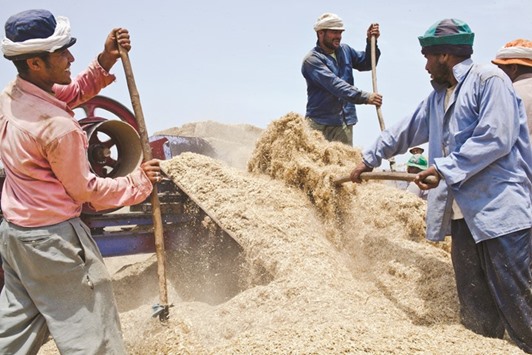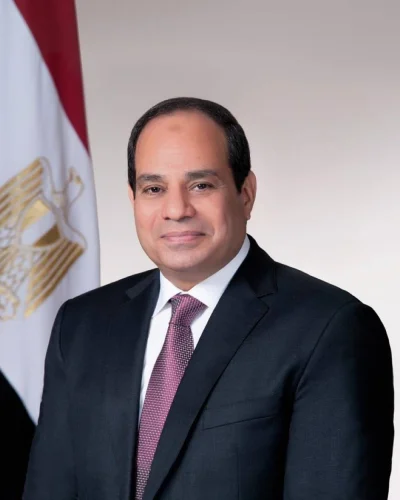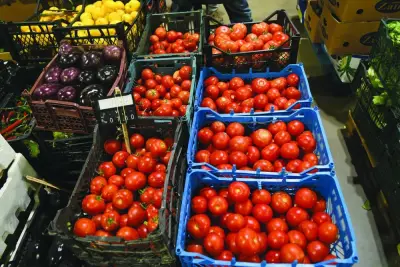Speaking at a press conference announcing the completion of a feasibility study on the new bourse, Hanafi said its launch would protect small farmers from volatile price swings and help to connect their output to supply chains.
“Egypt is the biggest importer of grains, and it will benefit from this, turning this from a point of weakness into a strength as Egypt becomes a point of exchange for the whole region,” said Hanafi.
Egypt announced plans to set up a global commodities centre in 2014, but gave few details at the time.
The next step is to draw up regulations and establish the electronic infrastructure that will connect traders with farmers, Hanafi added.
“We’re going to set up the first commodities exchange in Egypt and the Middle East,” said Iman al Mutlaq, chief executive of Sigma Investments, the company that conducted the feasibility study and which is leading a consortium setting up the exchange.
“We aren’t going to simply copy and paste other exchanges. This is going to be an Egyptian exchange. There will be price discovery, and we will put prices in Egyptian pounds,” said Mutlaq.
The commodities exchange was previously floated in 2014 as part of an ambitious project to transform Egypt into a regional trade hub — processing and re-exporting up to 65mn tonnes of wheat, soybeans, sugar and other commodities — but the plan was criticised by industry as vague and under-studied. The latest plan envisions a bourse that will begin with eight commodities — six agricultural commodities, oil and gold — and this small number will help promote high initial volumes, Mutlaq said.
The exchange will feature spot, derivatives and futures trading, and aims to trade about 2mn contracts in its first year, and around 9.5mn within five years, Sigma said in a presentation announcing the completion of the study.
As part of the exchange’s launch, a mobile application will be offered to Egyptian farmers that will allow them to have their agricultural output tracked by the market, electronically linking their crops to the exchange, Mutlaq said.
From pet food to nuts: Egypt raises customs levy on imports
Bloomberg/Cairo
Egypt has raised tariffs on a range of imported items from pet foods to nuts and watches as authorities seek to reduce the country’s import bill to save dollars.
The presidential decree published in the official Gazette on Sunday affects hundreds of items such as household appliances, clothing, shoes, watches as well as food for dogs and cats. Customs tariffs were raised by as much as 100% on items such as some fruits and nuts, while duties on other goods were increased between 25% and 50%.
Magdy Abdel Aziz, the head of Egypt’s customs authority, said the new tariffs would help local industry as well as “lessen pressure on foreign currency” demand, according to an e- mailed statement from the finance ministry on Sunday.
Egypt’s foreign currency resources have been squeezed by falling tourism revenue and a drop in exports and Suez Canal tolls. Authorities have tightened rules on financing imports of goods deemed non-essential, and the central bank, under governor Tarek Amer, has raised interest rates and repaid funds owed to stock and bond investors to boost confidence in the economy.
“Most of the affected items are luxury rather than basic commodities,” said Ziad Waleed, an economist at Beltone Financial, a Cairo-based investment bank. “So people who are buying these items in Egypt would simply pay higher prices. That could mean higher inflation on the ground but will not necessarily impact growth as much as the present foreign currency shortage.”
The central bank also increased the monthly deposit limit for importers of food, machinery, spare parts, capital goods and medicine to $250,000 from $50,000.



